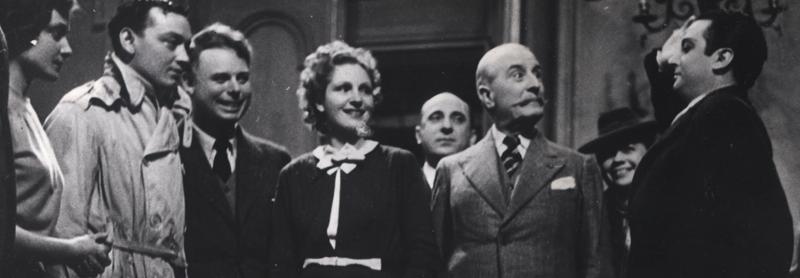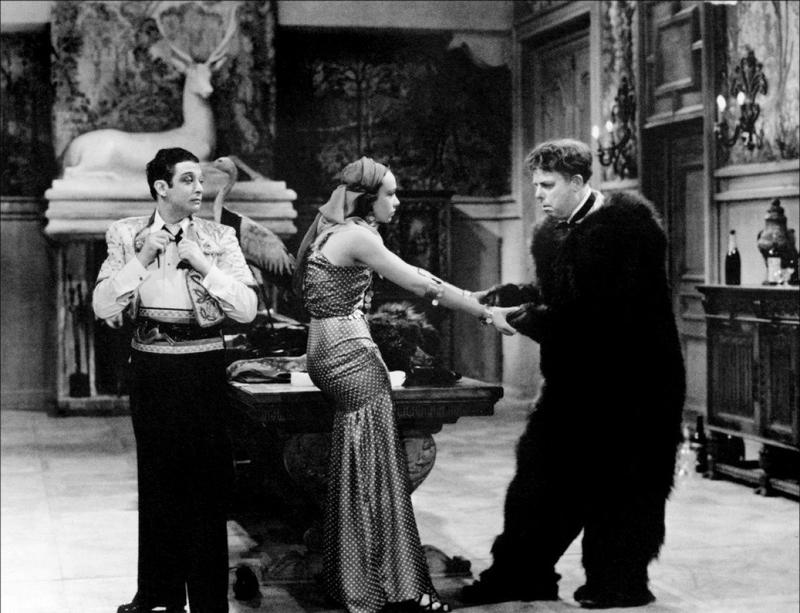
The Rules of the Game
A tangled, seemingly spontaneous sequence of events set in the French aristocracy on the brink of World War II. The Rules of the Game is a complex tale of lies, adultery and sheer ignorance; a brutal, funny snapshot of people so self absorbed they wind up fiddling while Rome burns (or Paris, in this case).
It’s hard to tackle a film so often touted as one of the best ever made, and ever harder to do so with one that has so much going on! Renoir layers this with so many characters, story lines and themes that it’s difficult to keep up, even for a native French speaker.
There are a few striking aspects of The Rules of the Game upon first viewing. First, none of the characters are likeable. Not everyone is rich, but everyone is flawed. The lack of a protagonist isn’t shocking, but it’s a fairly avant-garde stance for such an expensive film to take (you’d think they’d want to play it safe).
Second, this is a startlingly original take on the rise of the Nazi regime, and it makes a very harsh (but, as history shows us, probably accurate) statement on society. In 1939, Renoir probably hit a little too close to home and it’s still a little uncomfortable to watch today. Some shit like this could go down and we’d all be too busy taking selfies with Beyoncé.

Third, Renoir shows flair and originality behind the camera. We seem to drift between the various characters like we’re a guest at the party. It feels like the events are unfolding in real-time and we are just fortunate to be there with a knack for knowing where to be at the right time. It’s more graceful than a fly-on-the-wall piece, but far more chaotic than many films of its era. I understand this effect came at great financial cost to the film makers.
This is a deceptive film in every way. It feels manic and uncomfortable, as if Renoir doesn’t quite know where he’s going. As the production rolls on and we begin to dig beneath the surface, The Rules of the Game is the exact opposite. Renoir knows exactly what he’s doing, and gives us a rare glimpse into how a nation can succumb to a horrific regime through ignorance and self-absorption; all whilst making us laugh.
I’m in no position to comment on whether or not this is the best film ever made. It’s unique, entertaining and still thought provoking, but it’s also quite dense and often frustrating. I can imagine that a second viewing changes one’s perspective a great deal, and to Renoir’s credit he’s made a film I’m only too happy to re-watch.